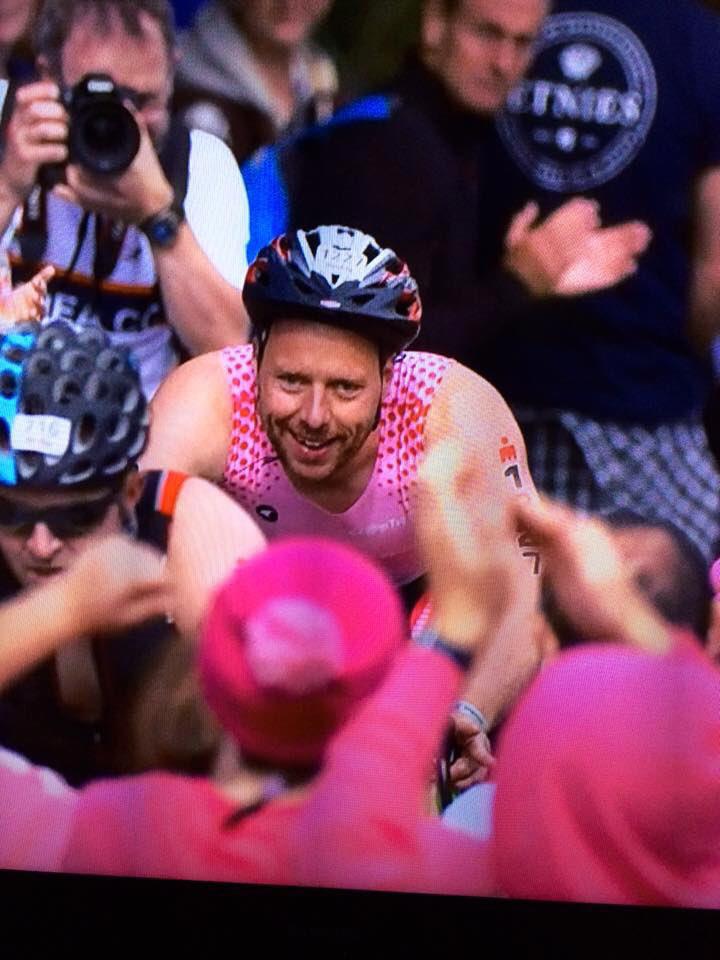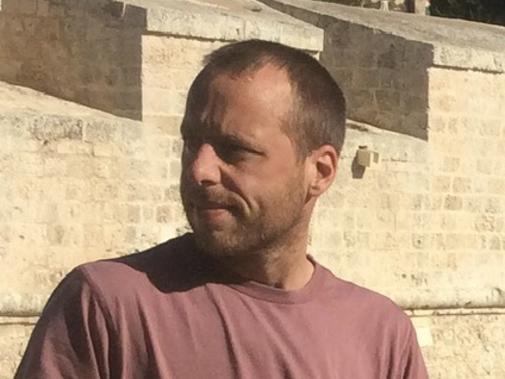I wanted to write something to share my experience of being a ‘disabled doctor’ but I’ve been struggling to know how to start; similarly to when I wanted to tweet about the BMA report on disabled doctors published last month. Being involved in medico-politics, I read a lot of reports. Most generate some sort of groan or a sigh, some a laugh, while others a considered hum. When considering writing this piece, I found myself looking at my laptop blankly for a very long time.
I’ve been a doctor for 15 years. During my second foundation year, I was formally diagnosed with dyspraxia. Dyspraxia is also known as developmental co-ordination disorder and affects your movement and co-ordination. ADHD was also mentioned to me, but at the time, the practical side of my diagnosis was what I was really struggling with. I was scared for my job and thought it would mean the end for my medical career, so I ignored the mention of ADHD. Life got in the way.
I ended up getting properly assessed for ADHD a couple of years back. In hindsight, it was rather obvious; the inability to tie your shoes up at 11 (and reliably in your late 30s) or find your keys are rather large red flags…
How many people reading this are now saying ‘but we all lose our keys’? I agree, we all lose our keys sometimes, this is the human condition. To lose one’s keys seven times a day, including while you’re driving (the person who invented the keyless ignition is on my personal hitlist) isn’t though, it’s pathological. Shoe laces come undone but mine are never right – it’s an office joke. There comes a point where the constant doubting and disorganisation starts taking a toll on your mental health and it needs sorting.

Medicine is a complex profession. We say it needs a certain degree of technical finesse, interpersonal skills, understanding of science, organisation and problem solving, among many other additional skills depending on your chosen route. Mentoring, teaching, management, politics, leadership – the list could go on. We expect a lot from ourselves and our colleagues.
When people have ‘found out’, some will ask, ‘How?’ This has not always been meant as a friendly enquiry. At times, the subtext is suspicious and that I must have cheated somehow. I genuinely didn’t. I can stitch a wound back together, but it will take me an age, by which time the patient is (understandably) fed up and a department has backed up. Practice for me only goes so far.
But isn’t this ‘laziness’ or ‘defeatism’ (another helpful comment)? No! Despite so much practice, my writing is dreadful, to the point where I was encouraged to type my homework long before the computer became commonplace in school. ‘But all doctors have bad writing?!’ Watch me hold a pen, better still a knife and fork, and let’s not start on paperwork and forms.
I work in a multi-disciplinary team. It can be awkward working in a small area, but we have professional relationships and they know about my condition and have adapted. What frustrates me most is the off-the-cuff comments from other professionals. ‘ADHD is made up’, someone will chip in; ‘we’re medicating bad behaviour’ someone else will chime; ‘it’s placebo’ often follows. If I speak up, some look at me with a suspicious, diagnostic eye. It’s not paranoia, it’s a reality. I don’t quite fit their stereotype.
Just for the record, it’s not placebo. Though medication only got me so far, in itself it wasn’t going to make me more organised and do my paperwork for me.
How you become a doctor isn’t answered by the negatives, though – it’s answered by what you do well, and I guess I must be doing something right to still be here. This is what concerns me sometimes about assessment standards for students and young doctors; I know there has to be one, but how rigid is it? Do you really need to be able to cannulate to be a good psychiatrist or GP?
I think I looked blankly at the screen for so long because in reality, my experiences have been so mixed. It’s more emotive than perhaps I’d thought. I have encountered genuinely lovely people and yet there are people whose attitudes have been so poor, they have made me question how they practise themselves. I have been in some terrifying situations – which in reality no junior should have been in, disability or not – but am fortunate also to have been privy to some fantastic ones that very few get to see.
We are the sum of our strengths and also our weakness. My weaknesses frustrate me immensely, but they give perspective, and while I might lack the skills in some areas, I certainly make up for it in others.
How does your disability change the way you work? I’d be interested in hearing from other doctors.
Dr Wilson is a sessional GPwSI for Gwent Drug & Alcohol Service, works in the intermediate care team at Hywel Dda UHB and is a member of the BMA GPs committee Wales
Follow him on Twitter @DaveWilson2

